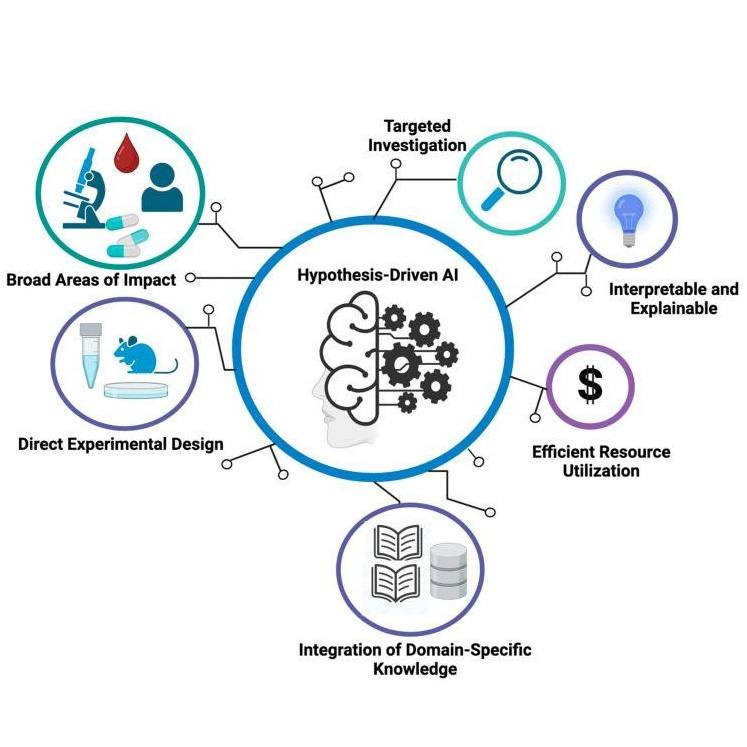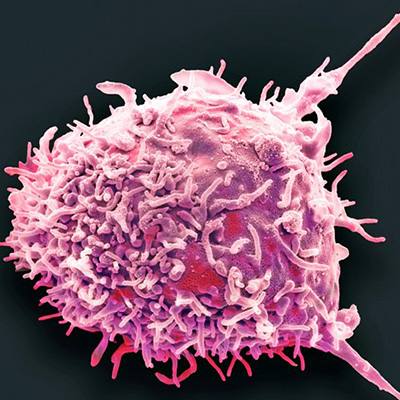-
Individualized Medicine
Mayo Clinic physician cracks patient’s mysterious illness with epigenetics technology

Kenneth Hobby assumed his fever, fatigue and aching pains on that day in May 2018 were from another bout of malaria. He was visiting Zambia in southern Africa — the stomping grounds of his childhood and a place where the mosquito-borne parasite is common. He had returned to the vast safari lands, as he often did, to oversee the college scholarship program he started.
Malaria was a parasite he knew well. It had sickened him a half-dozen times before.
"So I went to the local African village to get the usual three-day treatment, and I thought I kicked the symptoms," Kenneth recalls.
But back in Searcy, Arkansas, where he works as a psychologist, his fever and pain returned.
"My symptoms recurred every two weeks, and my temperature would go well over 102 to 103 degrees," says Kenneth, who is married and has four grown children. "I had complete fatigue and a lot of pain to where I could hardly walk. Nothing seemed to help."

Kenneth's doctor ruled out malaria and referred him to an infectious diseases specialist, who also was baffled. Then he was referred to a cancer specialist.
"The cancer specialist ran more blood tests and couldn't find anything either," Kenneth says.
Out of options, his doctor recommended Mayo Clinic.
Desperate and determined for answers, Kenneth traveled 700 miles to Mayo Clinic in Rochester, Minnesota, where he was seen by Mrinal Patnaik, M.B.B.S., a Mayo Clinic hematologist within the Center for Individualized Medicine and Division of Hematology. He specializes in the diagnosis, treatment and prevention of blood diseases.

Epigenetic analysis accelerates pathway to treatment
"Mayo Clinic conducted tests that other hospitals simply didn't have the capability to do," Kenneth says.
Dr. Patnaik's approach to Kenneth's mysterious illness began with extensive genetic and epigenetic testing within Mayo's Epigenomics Development Laboratory. Dr. Patnaik is the laboratory's director.
The rapidly emerging field of epigenetics refers to chemical modifications of a cell's genetic material that alters gene expression without changing the DNA sequence. Research shows epigenetics plays a critical role in the development and progression of many diseases, including cancer.
"In the lab, we are able to process and analyze blood samples, bone marrow biopsies, cell lines or other specimens to gain an understanding of how the DNA is being regulated," Dr. Patnaik explains.
Working side by side with a team that included bioinformaticians and data scientists, Dr. Patnaik began to unravel Kenneth's genetic data and peel back the complex layers that delved deep inside his DNA.

"We know that DNA is very important, but beyond DNA, including RNA, metabolites and proteins, there are things that regulate how a body functions, how cancer grows, how autoimmune diseases affect people, and these are ripe for therapeutic intervention," Dr. Patnaik explains.
Kenneth's epigenetic data revealed he had two functional changes in genes regulating epigenetic function and the processing of RNA.
"With the help of the lab, these changes were validated, implicating their role in his symptoms and low blood counts," Dr. Patnaik says. "With the help of these tests, we could establish a diagnosis of clonal cytopenias with resultant periodic fevers and inflammation."
Clonal cytopenias is a rare condition in which a person has a low blood count without an apparent cause, and a portion of the blood cells carry an acquired genetic mutation.
"Without precision genomic techniques, these conditions are not easy to diagnose, and additional tests are often required to assess their contribution to clinical symptoms," Dr. Patnaik says.
Kenneth says he was relieved to finally have a diagnosis and treatment. His therapy includes monthly infusions of an epigenetic agent.
"If I had not gone to Mayo, they never would have figured it out," Kenneth says. "I still have some symptoms once a month, but they're very mild and I feel pretty normal."
Kenneth says he is looking forward to taking his next trip to Africa, armed with mosquito spray and a new outlook on life.
Learn more
Read more stories about advances in individualized medicine.
Register to get weekly updates from the Mayo Clinic Center for Individualized Medicine blog.
Join the conversation
For more information on the Mayo Clinic Center for Individualized Medicine, visit Facebook, LinkedIn or Twitter at @MayoClinicCIM
Related Articles







